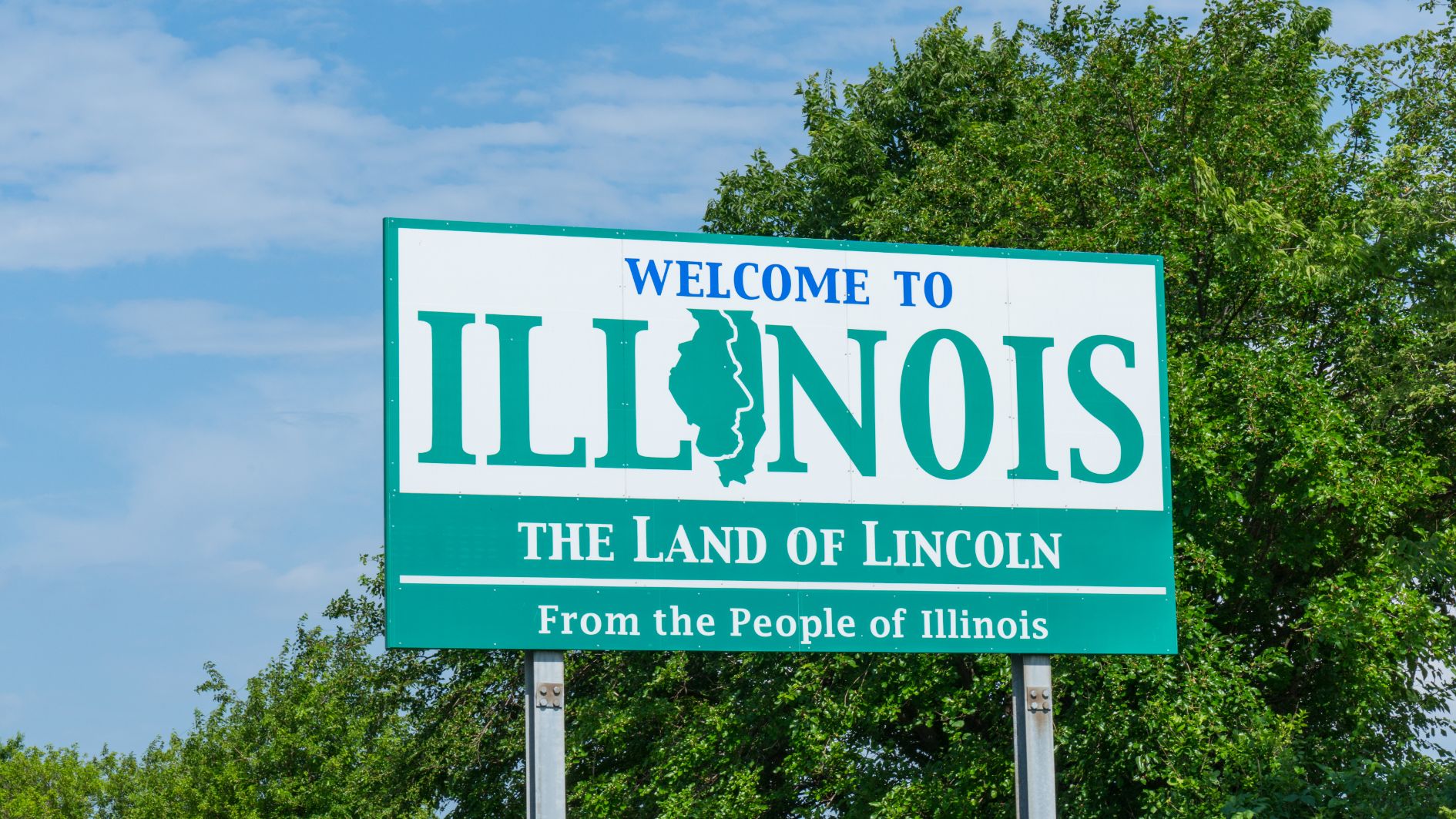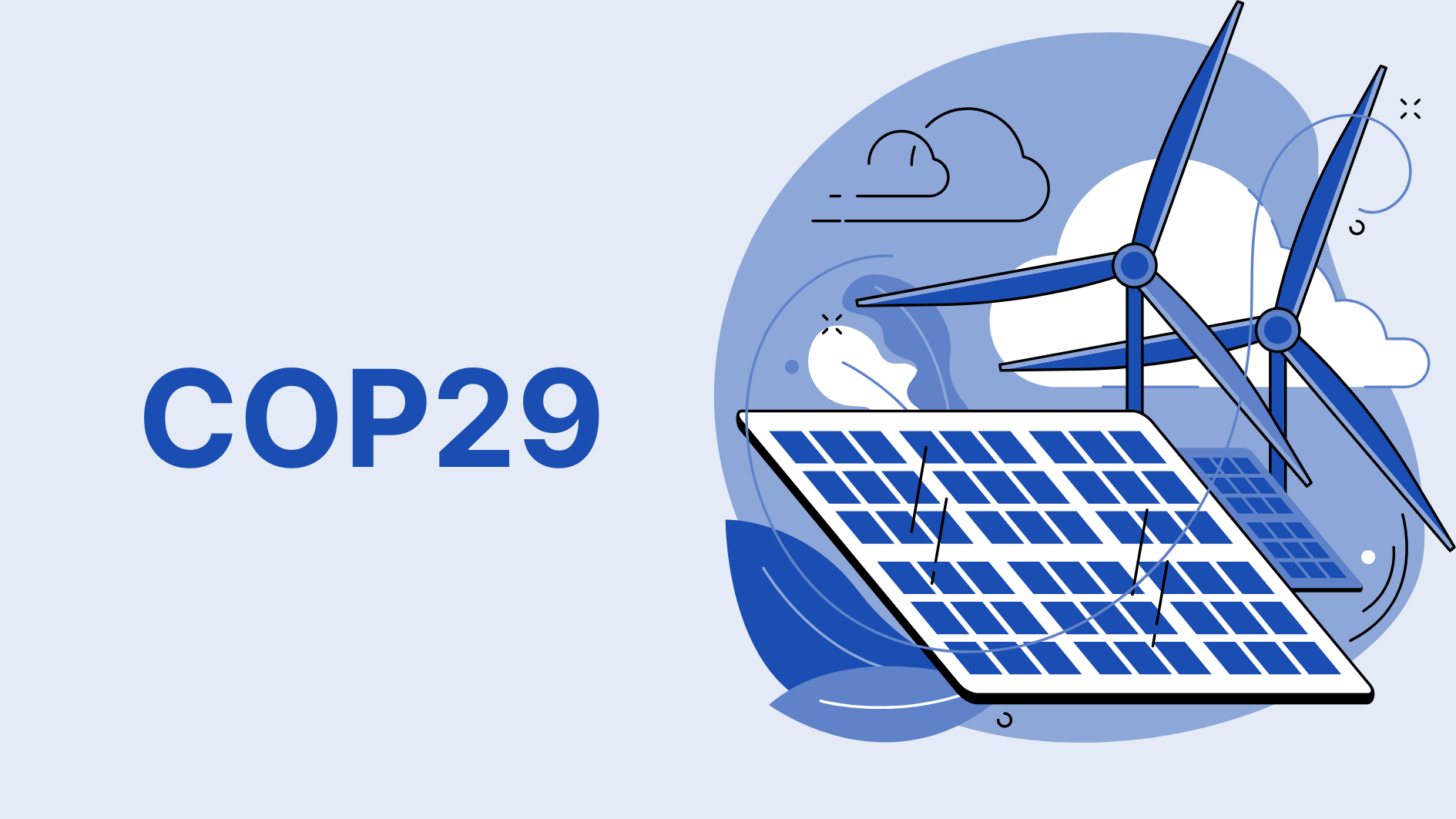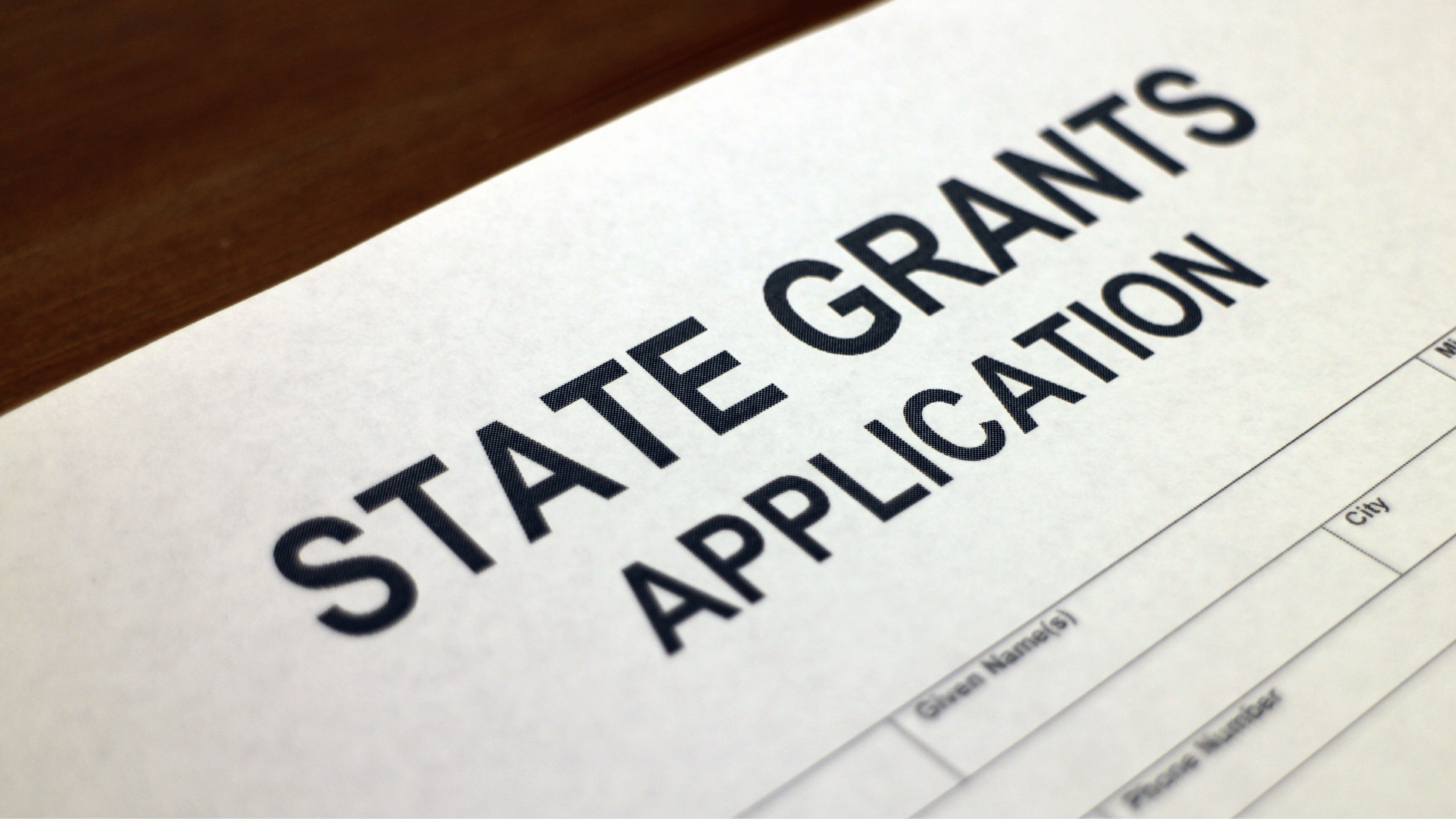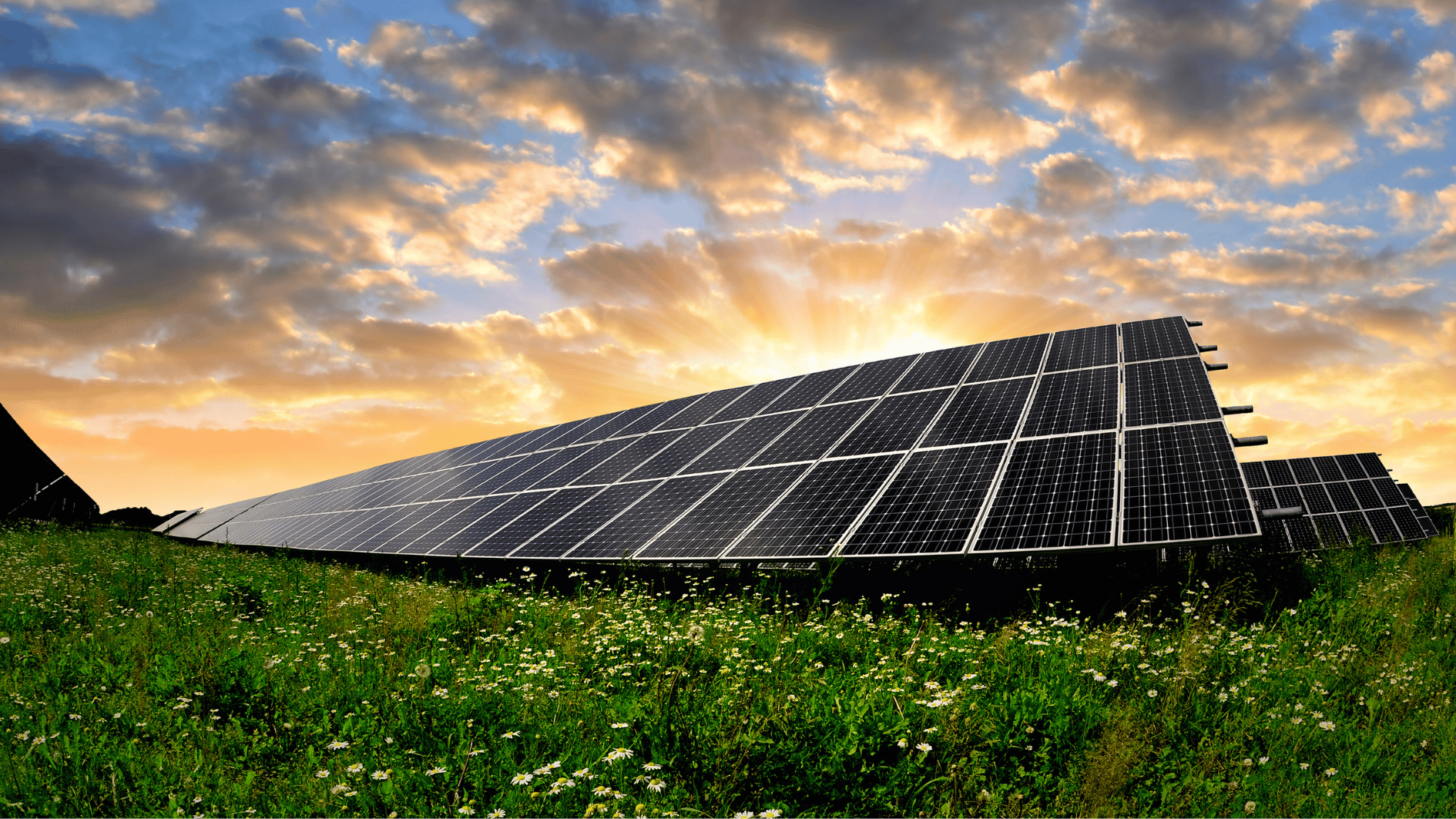Image source: Canva.com
As of July 2024, net metering, a valuable benefit for solar energy users in Illinois, is undergoing significant changes set to take effect in 2025. This Q&A provides an overview of what we know about these upcoming changes and what they mean for current and prospective solar users.
What is net metering?
Net metering allows solar energy users to sell excess electricity generated by their solar panels back to the utility, receiving credits on their electric bills. Under Illinois law, investor-owned utilities such as ComEd, Ameren, and MidAmerican are required to offer this benefit for renewable energy generation. This arrangement ensures that solar customers are only charged for the net amount of electricity consumed, along with any fixed delivery charges.
The process of selling excess power back to utilities was simplified in 2008, making it easier for Illinois residents to benefit from their solar investments.
What’s happening in 2025?
Starting January 1, 2025, the net metering benefit will be reduced for new solar customers in Illinois. Here are the key points to understand:
- Current Solar Users: Those who already have solar panels installed will continue to receive the full net metering benefit for the lifetime of their system, which is defined as 30 years from the installation date.
- New Solar Users: For those installing solar panels after January 1, 2025, the net metering credits will be limited to the Supply section of their electric bill. In addition to these credits, new solar customers will be eligible for a Distributed Generation (DG) Rebate, which requires the use of a smart inverter. The rebate amount will be at least $300 per kilowatt of generating capacity, providing a significant upfront benefit.
How will the net metering benefit change?
Currently, net metering provides 1:1 kilowatt-hour credits on all parts of an electric bill, including supply, delivery, and taxes and fees. After January 1, 2025:
- Existing Solar Installations: Full net metering benefits will continue for the lifetime of the system.
- New Solar Installations: Credits will apply only to the Supply section, with the DG Rebate offering additional financial support.
What should potential solar customers do?
If you are considering installing solar panels to take full advantage of the current net metering benefits, it is advisable to have your system fully connected and operational before the end of 2024. Important deadlines include:
- ComEd: All required documentation, including a Certificate of Completion (COC) and a Witness Test Request (WTR), if needed, must be submitted by 5 p.m. (Central) on December 13, 2024. This deadline ensures the utility has 10 business days to review and approve the application.
- Ameren: The interconnection application must be ready for commissioning testing by December 13, 2024, to receive permission to operate by December 31, 2024.
For any questions regarding these deadlines, customers should contact their respective utilities, Ameren or ComEd.
Will I lose savings?
- Existing Solar Users: Compensation for net metering will remain unchanged.
- New Solar Users: Savings will continue, though the net metering benefit will be reduced.
Why is this change happening?
This transition is typical in states experiencing increased solar adoption. The reduction in net metering benefits was planned as part of the Future Energy Jobs Act of 2016. While utilities had pushed for an earlier reduction, consumer advocates extended the full benefits until 2025. Despite the reduced benefit, solar energy will still provide substantial savings on utility bills.
Community solar program
The changes to net metering do not impact Illinois’ Community Solar program. This program allows consumers to benefit from solar power without installing panels on their property. Participants can subscribe to a portion of an off-site solar farm and receive credits on their electric bills based on the energy output of their subscription.

EDP renewables acquires renewable properties’ community solar portfolio in Illinois
Source: Citizens Utility Board





